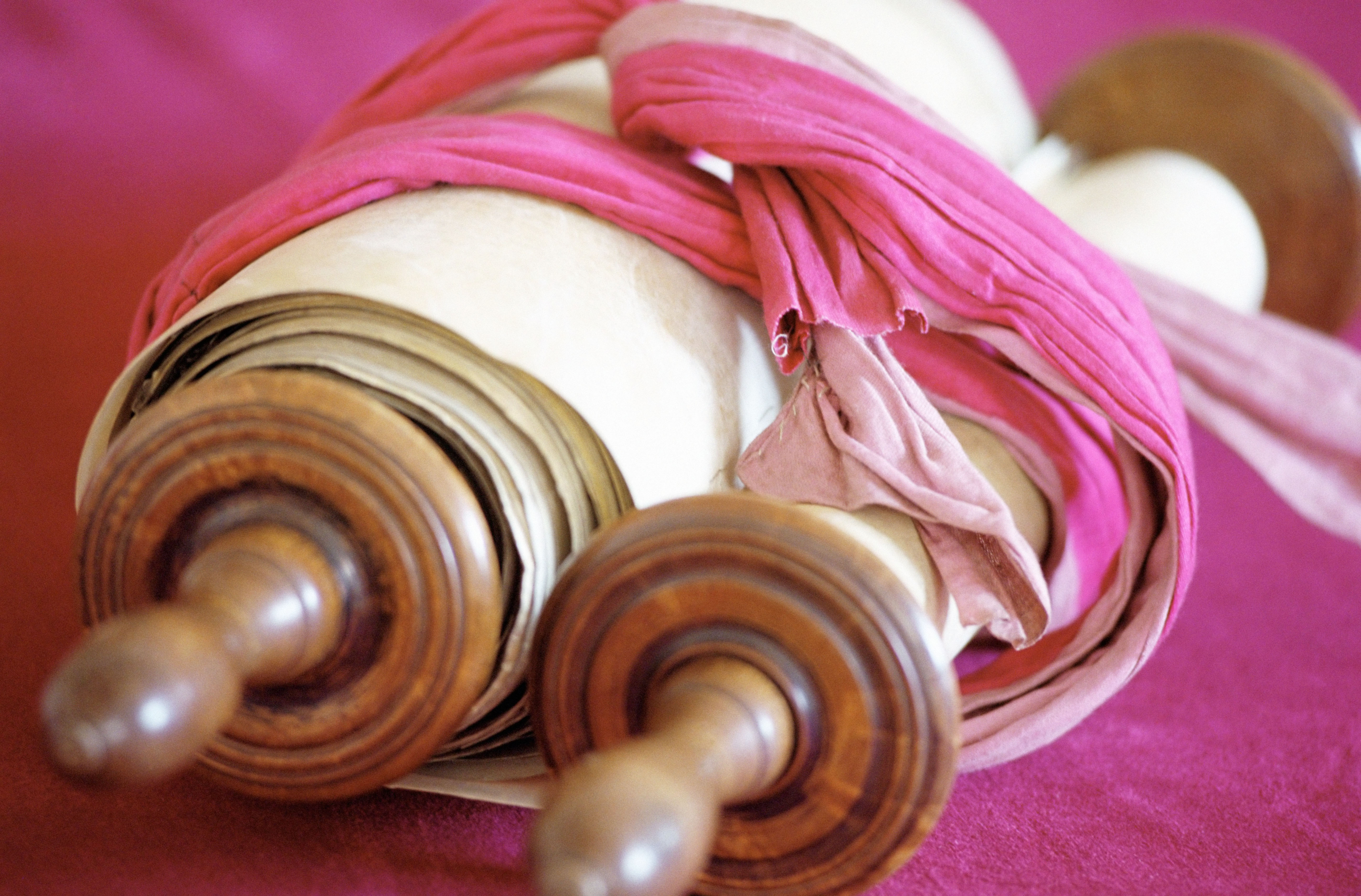
As I write this d'var Torah so soon after the shooting in Highland Park, IL., I am struck by the hate or the fear that brings this behavior. The fear of the unknown, of an individual or community that isn't like us. I am disturbed by the unwillingness to accept the stranger, yet we are a nation founded on strangers. I am scared that people have such difficulty acknowledging the differences among us and seeing them as strengths. I worry about the lack of help and compassion for those who emotionally can't find their ground. I am also in awe of God's might and ability to remind our Jewish community of his teachings.
As we begin Parashat Balak, the Israelites are camped just beyond the kingdom of Moab. They have wandered for 40 years and had many difficult and trying times. They have defeated people that preyed on them and made friends along the way. They are anxious to enter Canaan. Balak, King of Moab, is frightened that the Israelites will attack his people. He feels his fear is justified as they defeated the two Amorite kings. Balak does not know his fear is unfounded.
Balak asks Balaam, a sorcerer, to curse the Israelites and help him stop them from moving forward. Balaam has no known reason to fear or hate the Israelites, yet he is willing to entertain this idea. At first, he refuses. He is asked again. Balaam communicates with the Hebrew God and despite God asking him not to do this, he succumbs to Balak's enticements. God then tells him he may go, but he may only speak God's words.
Balaam goes on his journey. God is displeased and disappointed with his choice, and as he has done with others in the past, God sends signs to Balaam with a messenger showing his displeasure. The messenger angel appears, but Balaam cannot see or hear him only the donkey can. This angel appears to the donkey on three occasions. Each time the donkey impedes their travel, Balaam beats the donkey. Finally, God makes himself known to Balaam. Balaam realizes that he erred because he did not know. This is an awakening for Balaam to recognize he is not all-knowing.
Three times Balaam attempts to curse the Israelites, the words he utters are transformed and become blessings. They are part of the moral code and value system of Judaism and our morning service.
"How goodly are your tents O Jacob your dwelling places O Israel..."
These are the Jewish values we learned wandering in the desert and work towards every day. Tikkun Olam teaches us to accept the stranger as we know what it is like to be a stranger in a strange place. To help the needy and homeless, to fight for the rights of the persecuted, as we have been persecuted. To defend the rights of women, children, and all those weaker than us. To strive to be better, not to judge without knowing, and to respond with kindness and understanding.
Related Posts

Continuing to Educate and Empower People Together

My Challah-Making Experience

